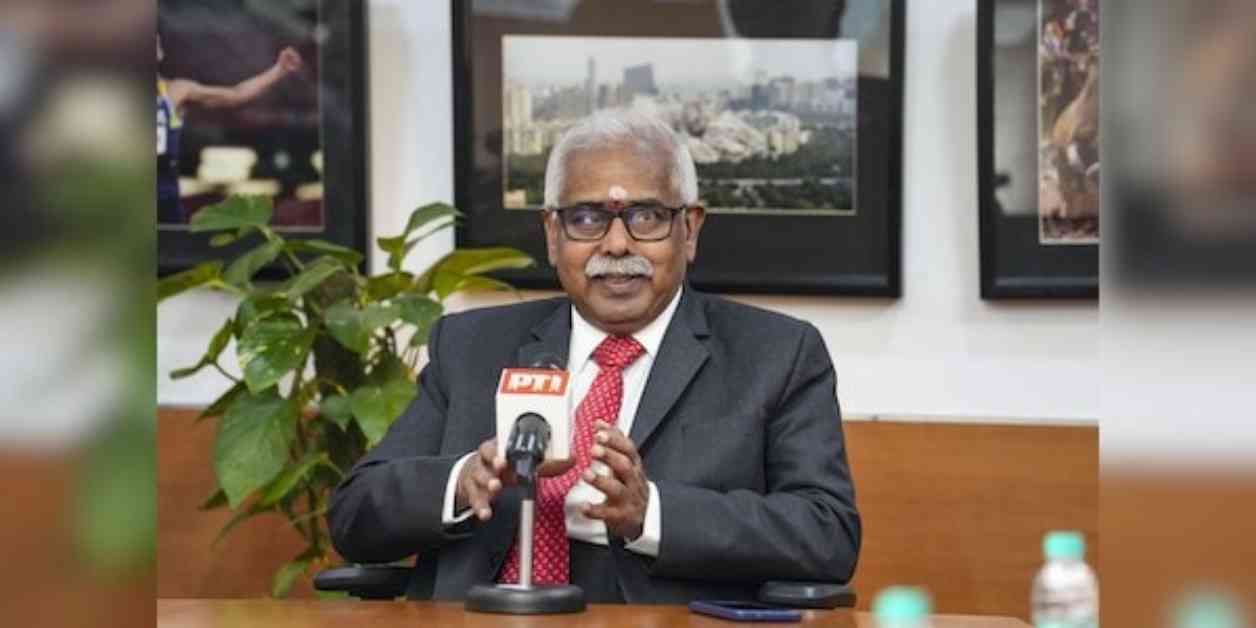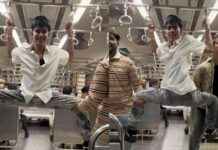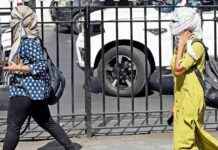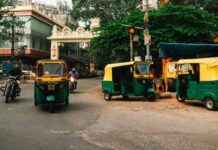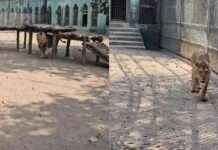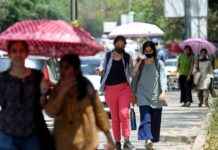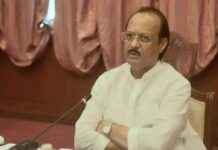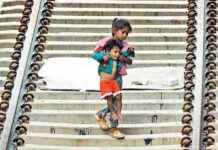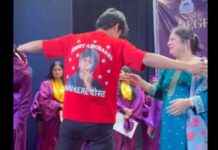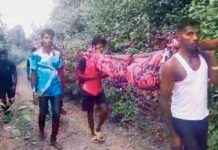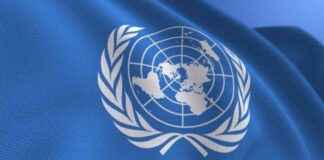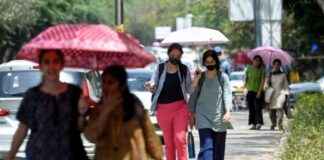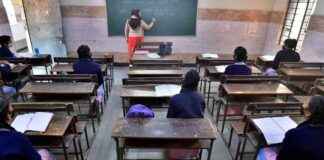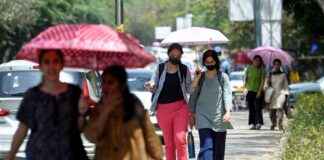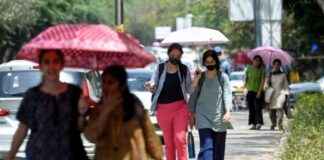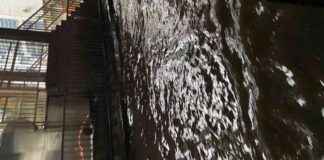The Indian Medical Association (IMA) has taken a significant step in addressing the pressing issue of violence against medical professionals by forming a panel to discuss the need for a central law to protect healthcare workers. This initiative comes in the wake of increasing incidents of violence and attacks on doctors and hospitals across the country.
Dr. R V Asokan, the Chief of IMA, emphasized the urgent need for new laws, infrastructure improvements, and enhanced security measures at hospitals to ensure the safety and well-being of healthcare workers. He lamented the government’s delay in taking action, stating that it only requires political will to enact legislation on this crucial matter.
The formation of the panel by the health ministry to deliberate on a central law for safeguarding healthcare workers was criticized by Dr. Asokan as being “too little and too late.” He underscored the government’s reluctance to acknowledge the prevalence of violence against doctors and medical facilities, despite the growing concerns and protests by resident doctors nationwide.
The call for a central law to protect healthcare workers gained momentum following the tragic incident of the alleged rape and murder of a trainee woman doctor at a state-run medical college and hospital in Kolkata. The incident sparked outrage and demands for stronger legal protections for medical professionals who face risks and dangers in the line of duty.
Dr. Asokan highlighted the need for swift action in enacting legislation to address the safety concerns of healthcare workers, particularly as the percentage of women in the medical profession continues to rise. He expressed confidence in the health minister’s commitment to addressing the issue and urged for immediate action to protect the rights and security of medical professionals.
The lack of progress in passing a draft bill prepared in 2019 after stakeholder consultations was pointed out by Dr. Asokan, who emphasized the need for political will to push for the implementation of laws to safeguard healthcare workers. He cited the example of the swift amendment to the Epidemic Diseases Act during the Covid-19 pandemic as a testament to the government’s ability to enact urgent legislation when necessary.
The IMA delegation’s meeting with the family of the Kolkata victim and protesting doctors shed light on the challenges faced by healthcare workers, including inadequate infrastructure and security measures in hospitals. The lack of a proper duty room for resident doctors and the use of makeshift facilities for rest highlighted the systemic issues that need to be addressed to ensure the well-being of medical professionals.
The violent attack and vandalism at Kolkata’s RG Kar Medical College and Hospital further underscored the need for enhanced security measures and protections for healthcare workers. Dr. Asokan condemned the violence and emphasized the importance of creating a safe and secure environment for medical professionals to carry out their duties without fear of harm or intimidation.
The ongoing protests by doctors and healthcare workers across the country reflect a growing national movement to demand better safety measures and legal protections for medical professionals. Dr. Asokan reiterated the importance of addressing the concerns of healthcare workers and expressed optimism in the government’s responsiveness to the pressing issue of violence against doctors and hospitals.
In response to the CBI taking over the probe into the Kolkata incident and the West Bengal Chief Minister’s call for the protesting doctors to end their strike, Dr. Asokan emphasized the need for additional security measures and infrastructure improvements to reassure healthcare workers and restore confidence in the healthcare system. He highlighted the fear and apprehension among medical professionals and stressed the importance of addressing their concerns to prevent further incidents of violence and intimidation.
The IMA’s decision to declare a 24-hour nationwide withdrawal of non-emergency medical services underscores the gravity of the situation and the urgent need for action to protect the rights and safety of healthcare workers. Dr. Asokan emphasized the significance of the movement and the need for continued advocacy to pressure the government into enacting laws and reforms to address the challenges faced by medical professionals.
In conclusion, the formation of a panel by the IMA to discuss the need for a central law to protect medical professionals is a crucial step in addressing the growing concerns of violence and attacks against doctors and hospitals. Dr. Asokan’s call for political will and immediate action to enact legislation to safeguard healthcare workers reflects the urgent need for reforms and protections to ensure the safety and well-being of medical professionals across the country.
